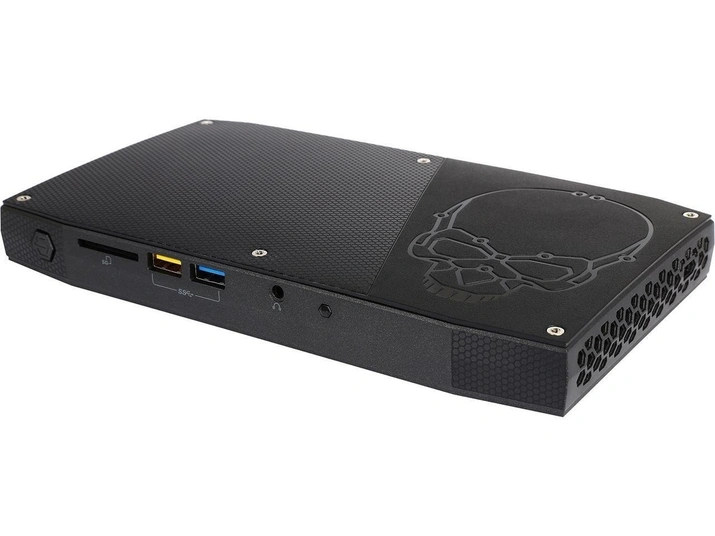5 years ago I decided to get a Raspberry Pi Zero W and install Pi-Hole on it for blocking bad traffic on our network. It worked incredibly well. The little Pi would stay on without a reboot for months on end, quietly working and blocking gigabytes of traffic from reaching our devices.
I wanted to upgrade the system since its aging and I can't seem to update the OS or PiHole anymore (something about the version of Raspian/Debian on it?). First I looked into the cost of a Raspberry Pi 5 with the SSD attachment. I was shocked to see that the kits for these can total around $240. The SSD upgrade to me is required - all my Pi's to date ran on the standard SD micro cards which get the job done but are extremely slow on the read/writes and degrade over time through usage.

I figured if its going to cost that much, I am going to look in a different direction. I was able to acquire an Intel NUC Skull Canyon for $100 with 16GB of DDR3 RAM. I have a 1TB NVME backup that I am not even using, so I will have plenty of storage for it. This is half of what I would spend if I went with Raspberry Pi, still a small form factor, and I am already well acquainted with the NUCs anyway.
Now that I have extra (a lot extra) horsepower, I can also now run some things on the home network that I wasn't able to before besides just running Pi-Hole.
I decided I can now do the following:
- Install Docker services
- Install Ollama
- Install Gogs.io
- Install Drone.io or ACT
- Install VNC, just in case
I'll probably throw in 32GB of RAM at some point, but I don't need to do that right away. Years ago I ran Gogs locally on the network with a Raspberry Pi 3, so I know that will work, along with Drone. I am willing to give ACT another try, but early results were not great when I previously tried it although that was a couple of years ago.
This will enable me to store code locally until I am ready to request a repo on GitHub on our enterprise install or when I am ready for public visibility. That way I can iterate on pipeline setups to get things as correct as possible without wasting cycles and minutes on GitHub or GitLab. When working on Hoi for example I burned 400 minutes trying to debug and figure out what GitLab CI's issue was with two of the stages - which is really difficult to do. At least this way I don't waste those resources and can work on things until I am ready for anyone to really see it.
I'll also be running Fedora Server as well as Ollama. I run enough services on my Fedora workstation, it would be no sweat to offload longer running processes or generation off to a local server instead of tie up my machine with that. I may also try to get up and going with Home Assistant for our smart home thermostat system, but that would come way later.
For remote control, I will of course use SSH from my workstation or laptops, but I will also use Termius to be able to do this from my iPhone or iPad. If we're outside or I don't have my laptop for whatever reason.
I am pretty excited to get this up and running and then hide away the NUC in the home, putting another set of tools in my toolbelt.